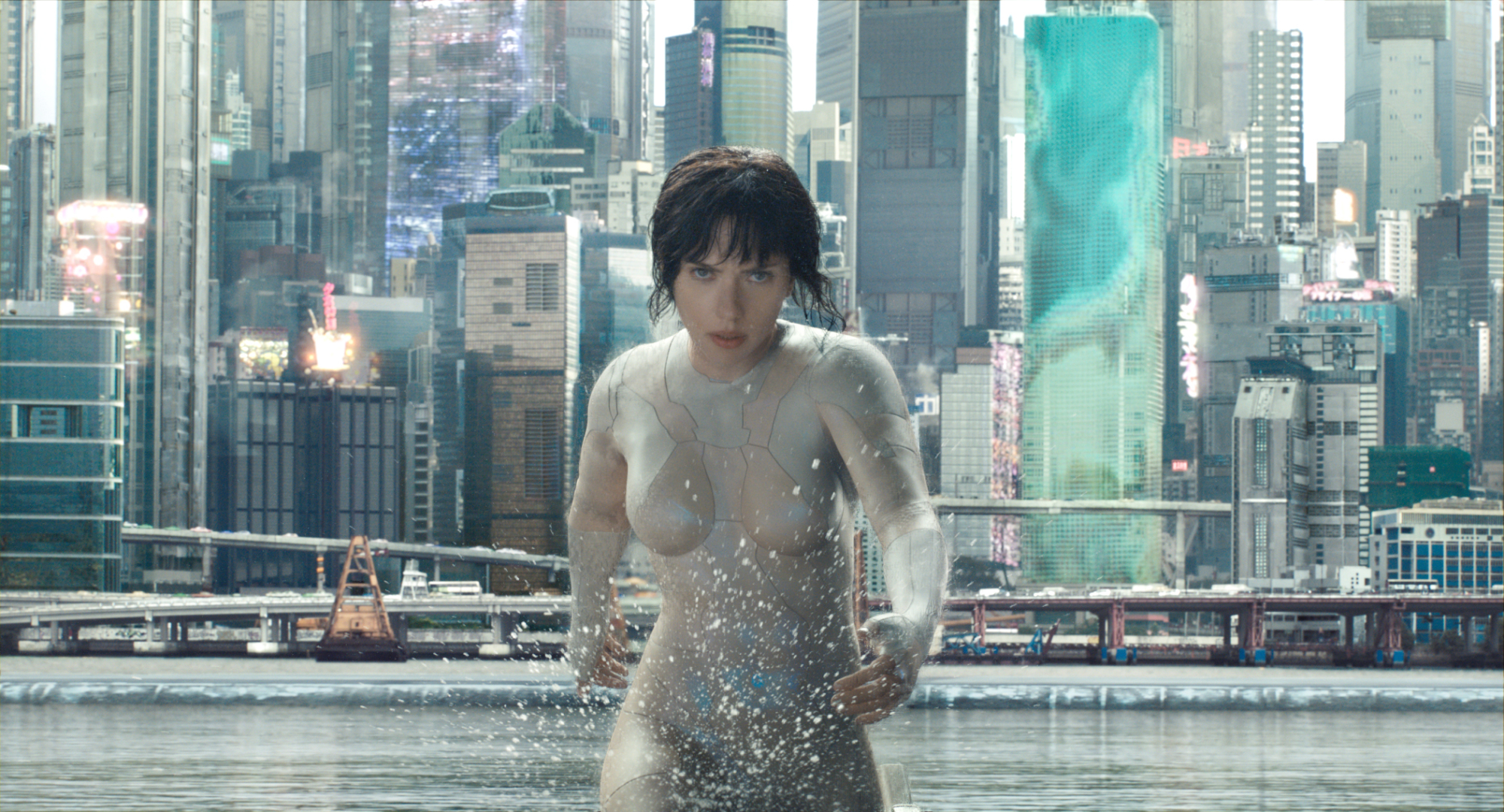After the online petitions, the countless think pieces and Twitter tirades, Hollywood's "Ghost in the Shell" was never going to have an easy passage. Rupert Sanders' film — a $110 million live-action movie based on a beloved manga and anime property — was ill-fated from the start, tarnished by the controversy surrounding the decision to cast a white actor, Scarlett Johansson, in a role that was originally Japanese.
When Paramount Pictures released a photo last April of Johansson as cyborg ass-kicker Major Motoko Kusanagi, now simply known as The Major, it prompted a social media uproar that never abated. An online petition to instead cast an Asian actress drew more than 100,000 signatures. Each new trailer or marketing push for the film attracted a fresh load of invective from critics, many of them Asian-American, who accused it of "whitewashing" its Japanese source material.
By the time "Ghost in the Shell" opened internationally at the end of last month, it seemed that the damage had been done. The movie drew mostly mediocre reviews and struggled to pull in $19 million during its opening weekend in the U.S. ("Beauty and the Beast," by way of comparison, made $170 million.) Though it has performed better in other countries, the film is now predicted to lose its studio $60 million.



